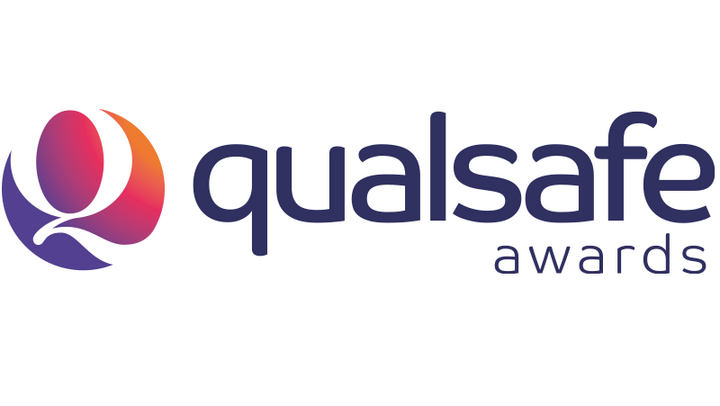Aim
Administer safe, prompt, effective prehospital care in situations which can arise when providing emergency and urgent treatment and/or management, and gain a ‘licence to practise’ for employment.
Objectives
- Be able to assess and manage injury and illness using a variety of methods including physiological measures
- Be able to choose the correct treatment plan according to observations
- Know how to use electrocardiogram (ECG) monitoring on a patient
- Be able to manage a patient’s airway as well as using medical gases
- Be able to assess and treat thoracic trauma
- Understand the key functions and characteristics of the nervous system and the musculoskeletal system
- Be able to provide emergency care to traumatically injured patients
- Know how to manage cases of actual or suspected sexual assault
- Know how to provide first response emergency care at a major incident
- Understand mechanisms of injury and kinetics
- Know how to provide emergency care to sick and injured children
- Understand how to deal with a patient displaying signs of mental health problems
- Know how to assess and initially manage sepsis
- Know how to manage childbirth
You may like:
Immediate Life Support Training (ILS)
Qualsafe Level 3 First Response Emergency Care (RQF) – FREC3
Prerequisites
Delegates must:
- Be at least 18 years old on the first day of the training
- Have successfully completed the Qualsafe Level 3 Certificate in First Response Emergency Care (RQF) qualification (or a Qualsafe recognised equivalent)
- Be able to provide a Continuing Professional Development (CPD) profile containing evidence of 118hrs study and/or contextualised practice*
*A record of study may include a variety of activities including reading journals, social media posts or news articles, preparing presentations, attending CPD sessions, work related training, researching and writing assignments and watching videos. The area of study should focus on the Learners area of practice and benefit future patients.
As this qualification includes knowledge-based assessments such as short answer questions and anatomy diagram completion, we recommend learners undertake some study to familiarise themselves with how to structure a short answer, reference and revise human anatomy and physiology including medical terminology.
Assessment Methods
3 x Practical assessments
2 x Skills tests
3 x Learner workbooks
2 x Invigilated exams
Pre-Course Reading
A hardcopy manual provided 4 weeks prior to the course which must be read in its entirety before attending. PDF copies are unavailable.
Progression
As this qualification provides learners with a wider scope of practice in Prehospital care emergencies, it allows for greater employment opportunities. It also forms part of a progressive suite of prehospital care qualifications that lead to the QA Level 6 Diploma in Paramedic Practice (RQF).
Requalification
Once achieved, this qualification is valid while the delegates maintains a CPD portfolio and has attended annual refresher training. Training should include the assessment and treatment of cardiorespiratory arrest and life-threatening injury/illness. This may include an Immediate Life Support qualification.


